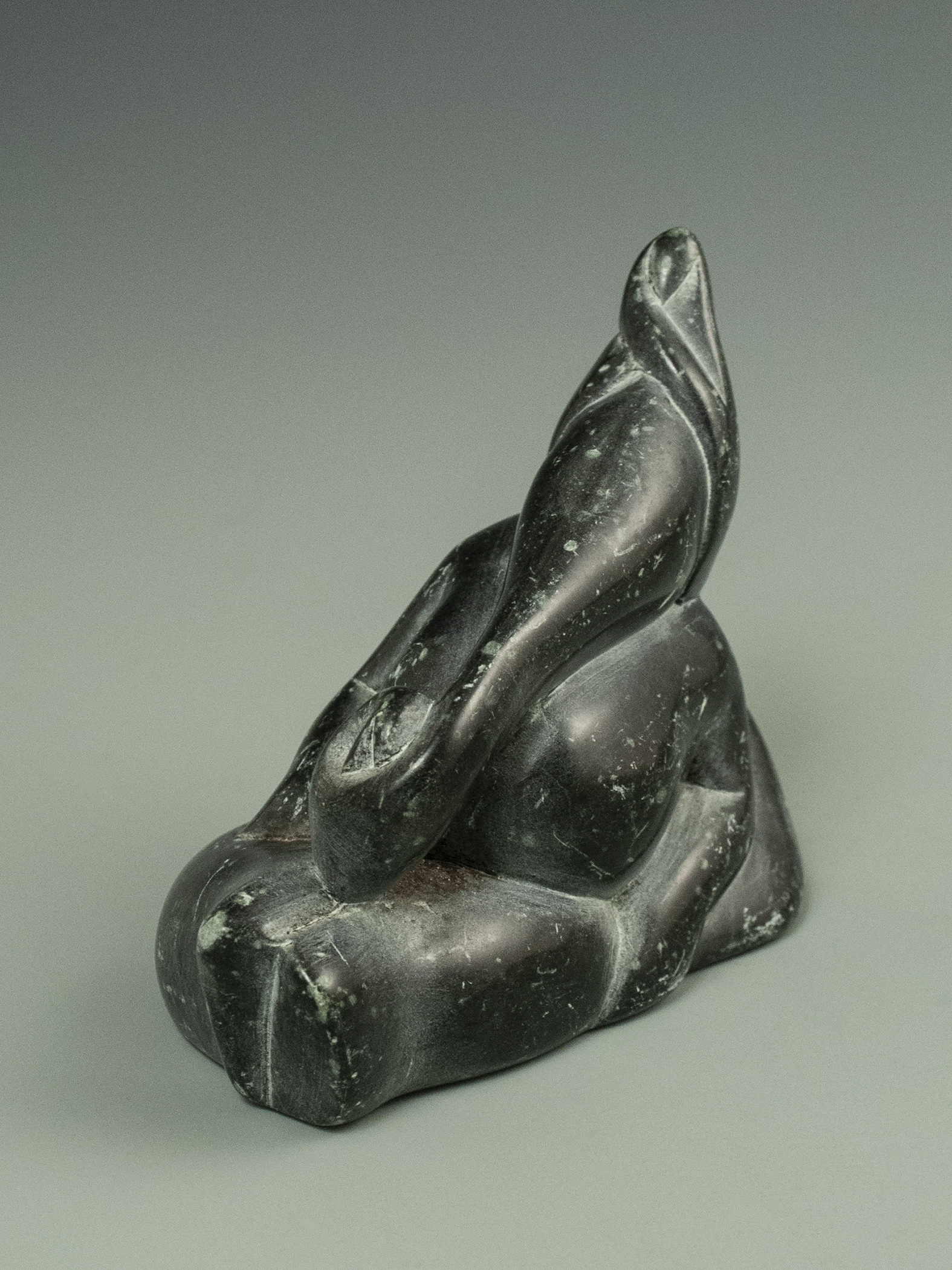Marble Ganesha Nagda
India, 2007

I took my mom to India for her 75th birthday. Okay, maybe India wasn’t her first choice. But when I present people with options, so I’m told—be they restaurants, films, hiking trails—I usually manipulate things so that we end up where I want to go.
My mom, Roslyn, is a conservative Jewish woman. She was bat mitvah’d at age 66. She keeps a kosher home, and I had many apprehensions about how she—we—would fare, traveling together for the first time since I was about 10.
In fact, she was a fabulous companion. During our two-week journey through South Asia, I came to realize that it was she—and not, as I’d long believed, my restless, highly distracted father—who had bequeathed me the essential tools of a traveler. Open-minded, interested in everyone, delighted with palak paneer and potato samosas, Mom made a wonderful impression everywhere we went, and surprised me continually.
One such surprise occurred during our visit to the Saas Bahu Temple complex, near Udaipur. The 1,000-year-old temples are covered with exquisite carvings (though many were defaced by Moghul invaders). A craftsman had set up a table by the entrance, and was selling small, abstract statues of Ganesha: the God of Auspicious Beginnings, Protector of Writers and Travelers, Remover of Obstacles.
I ducked into one of the temples, and when I emerged my mother was bargaining with the vendor. I was astonished. Idolatry is strictly forbidden in Judaism. Though I’d succumbed years ago to the “Golden Calf syndrome” (i.e., the seduction of many Jews, as they wander through Asia, by local gods and goddesses) I never dreamed that my mom, who lights the Sabbath candles every Friday, would fall victim.
“Mom!” I exclaimed. “You’re actually buying yourself a Hindu deity!”
“It may be a deity to you,” she replied serenely, accepting the wrapped elephant-god, “but it’s a souvenir to me.”
